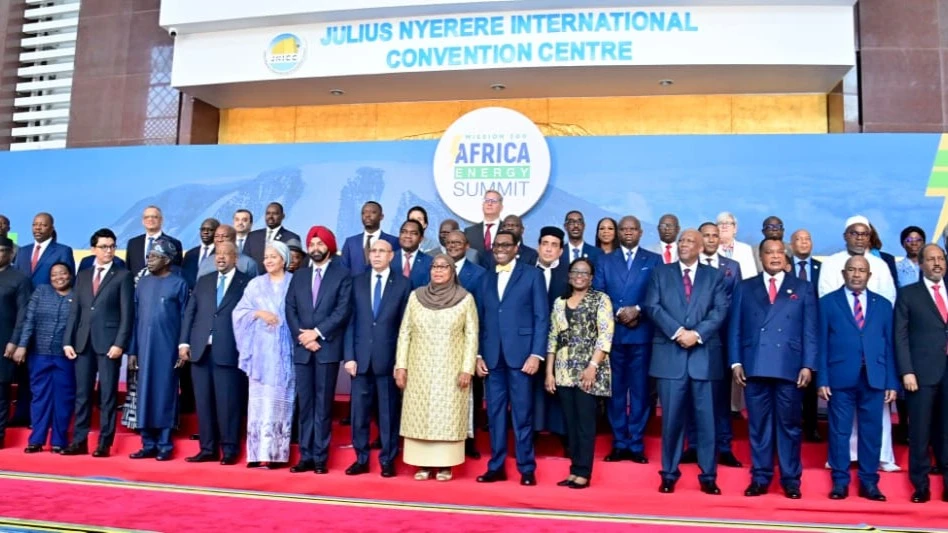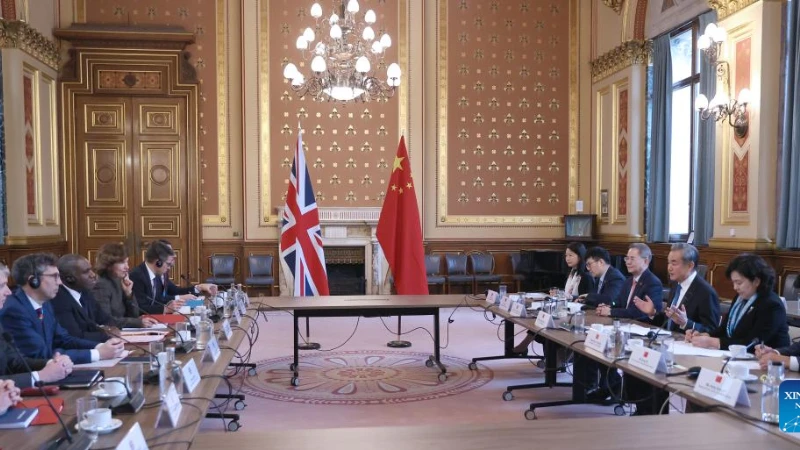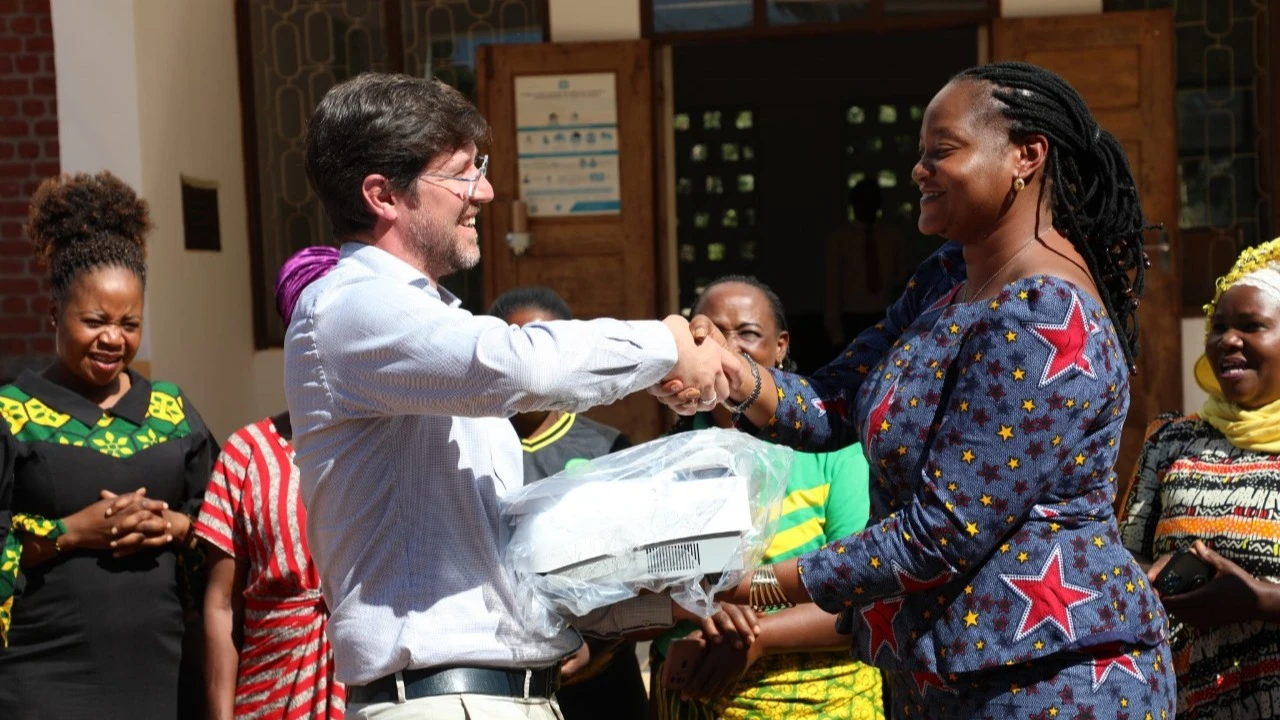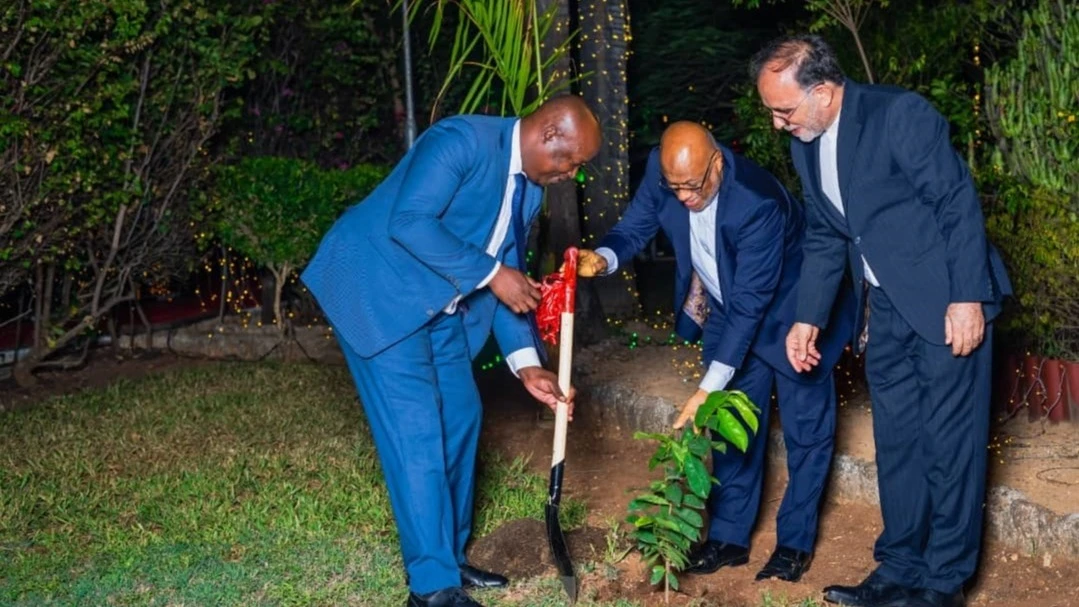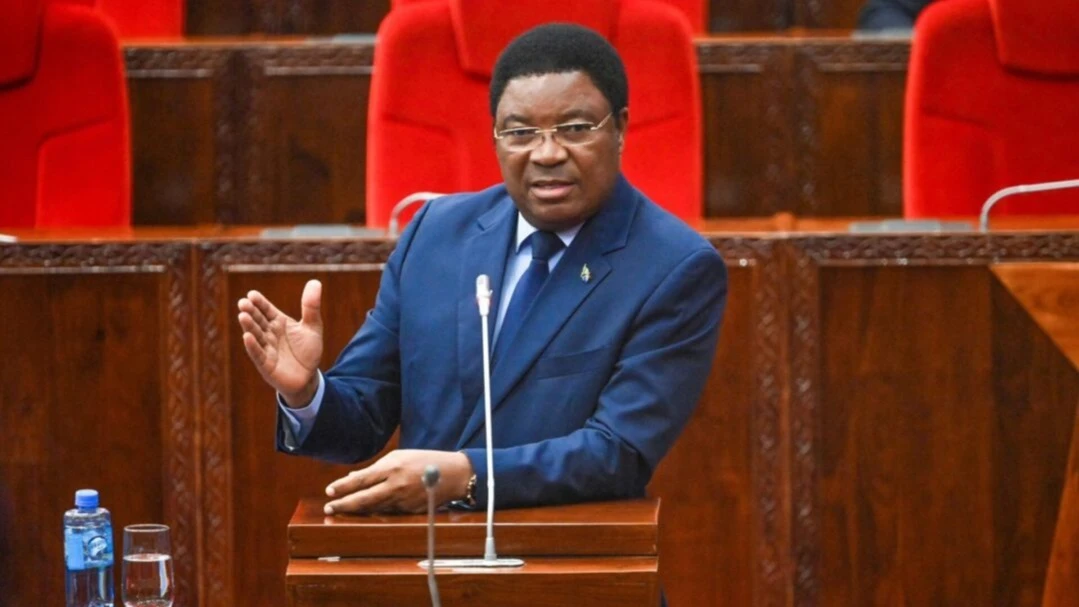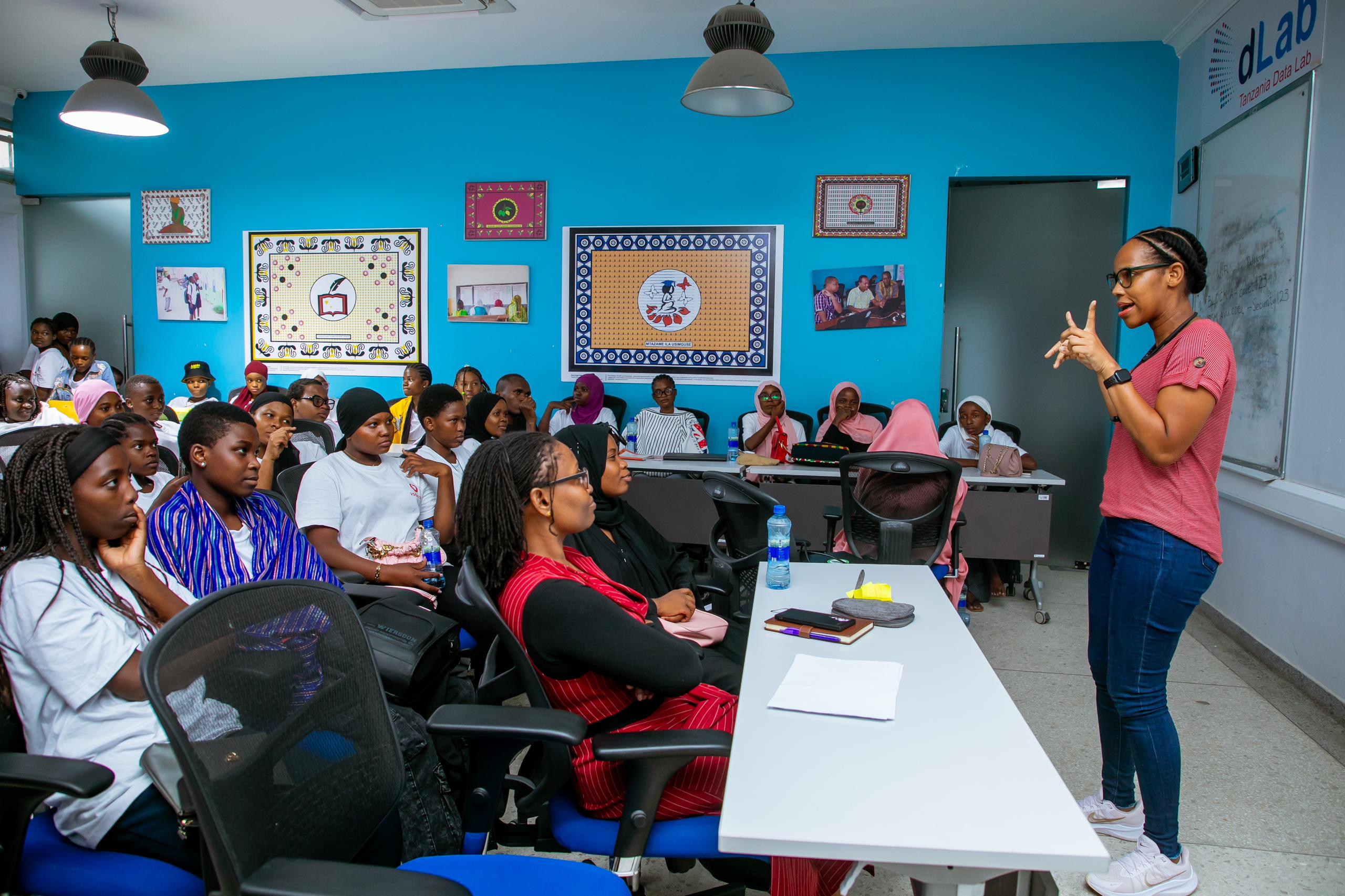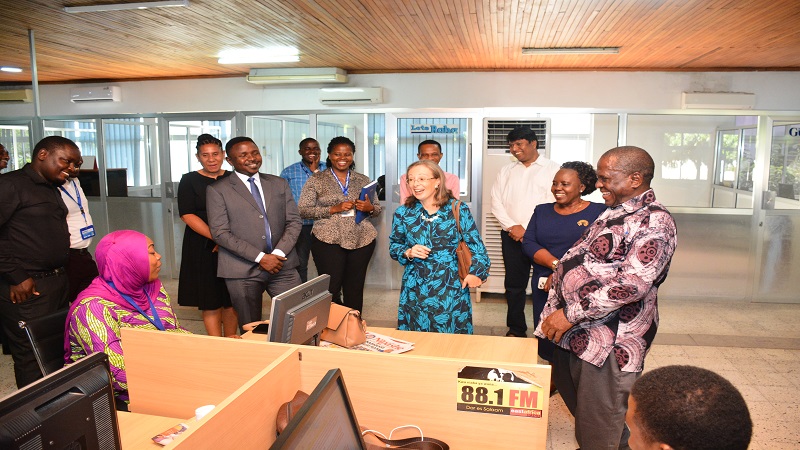CEOs Roundtable calls for further private sector involvement in TZ's economic transformations

The CEOrt Roundtable of Tanzania has lauded the government for its efforts in shaping the country’s future, highlighting that the inclusion of the private sector in both the formulation and implementation of policies is crucial for building a formidable economy.
otoSpeaking during the CEOrt's first meeting of the year themed ‘Setting the Stage Towards a Sustainable Economy’ held at the Hyatt Kilimanjaro Hotel in Dar es Salaam, CEOrt Executive Director Santina Benson emphasized that her organization works closely with the government to ensure the private sector plays a key role in various economic sectors, shifting the focus from aid dependency to becoming a trade- and industry-driven country.
“It is the reason why CEOrt has been holding dialogues to facilitate discussions on issues critical to the country’s sustainable socio-economic development as the nation transitions from 2025 to 2050 Development Vision,” she said.
“We commend the government for its ongoing efforts to transform the economy, but we urge a greater focus on key areas that will provide incentives for the private sector to play a more active role in this journey,” she said.
In her opening remarks, she also revealed that CEOrt has recently launched women’s empowerment pilot project in Temeke Municipality aimed at empowering them.
The initiative, according to her supports women engaged in various economic activities to enhance their income levels and foster greater economic independence.
Earlier at the same platform, Professor Abel Kinyondo from the University of Dar es Salaam (UDSM) called on the government to focus on economic growth as a foundation for sustainable development.
He noted that the country has gone through various difficult economic transitions, from the founding President Mwalimu Nyerere to his successors, but has for the past two-and-half decades experienced positive growth .
He said that the first quarter of 2007 reached a peak of 11.90 percent, with an annual peak of 7.70 percent in 2011.The 2025 projected growth is at 5.4 percent to 5.7 percent.
He called for a review of the tax system to make it simpler and more attractive for citizens to pay taxes for the country's development, though he acknowledged that corruption remains a challenge in some sectors.
Professor Kinyondo added that the current government’s efforts to transform the economy should embrace the private sector by leveraging available resources.
He also stressed the importance of investing in research to develop critical solutions that will lead to steady development.
“We depend entirely on donors to fund research, and some come with their own demands,”
“I think it’s high time the government started funding research in areas like agriculture, which will have a major impact on the country.”
During a panel discussion, Donald Mmari from the Research on Poverty Alleviation Programme (REPOA) called for a partnership between the government, the private sector, and society to play an intermediary role in utilizing available resource-rich sectors, such as Information and Communication Technology (ICT), mining, and tourism, to drive the economy.
“We have a lot of untapped resources that can play a major role in the growth of the economy,” he said.
“Previously, we had strategies like the National Strategy for Growth and Reduction of Poverty (Mkukuta) to combat poverty. But of a recent, we have the advantage of technological development, which allows us to use these available resources to attract more businesses and reach our 2050 targets,” he concluded.
Top Headlines
© 2025 IPPMEDIA.COM. ALL RIGHTS RESERVED












